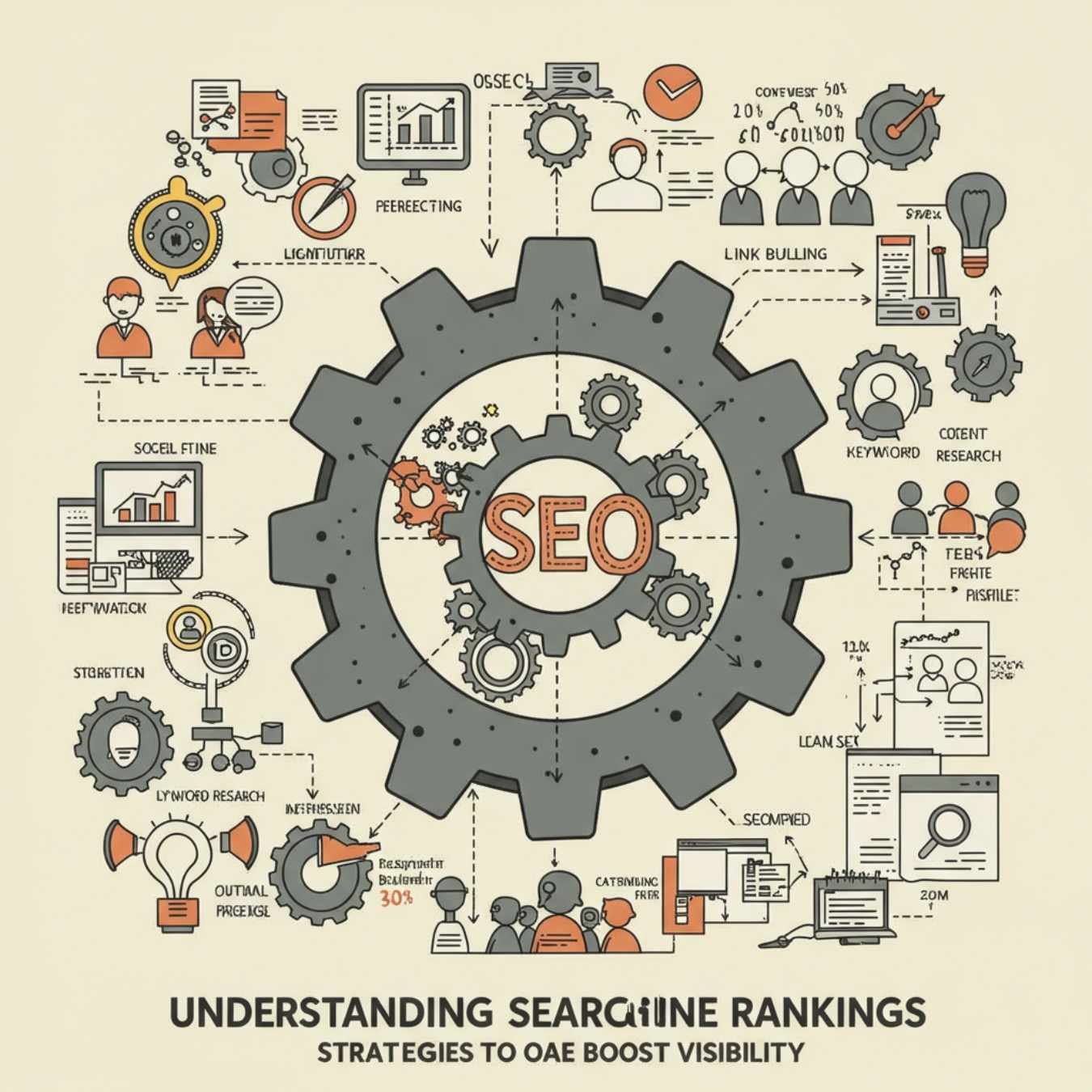
In today’s digital world, having a strong online presence is essential. To get noticed by potential customers, businesses must appear near the top of search engine results pages (SERPs). This guide outlines how search engines rank content and offers practical strategies for improving your website’s visibility, while highlighting useful tools like Kafkai that can support your content efforts.
Search Engine Rankings
Search engines like Google, Bing, and Yahoo use complex algorithms to rank websites. When someone types a search query, the engine evaluates millions of pages to deliver the most relevant, reliable, and high-quality results. These rankings are based on a combination of content relevance, site structure, performance, and authority.
Key Factors That Influence Search Results
-
Relevant, High-Quality Content Your content should match what users are searching for. This involves using the right keywords and providing useful, original information. AI content tools such as AI Kafkai can assist in generating SEO-focused articles in a variety of niches, helping you scale your content strategy efficiently.
-
Authority and Backlinks When trusted websites link to yours, search engines treat it as a vote of confidence. These backlinks can significantly improve your rankings. Focus on building relationships and earning links through thought leadership, original research, or strategic collaborations.
-
User Experience (UX) Search engines reward websites that are fast, secure, mobile-friendly, and easy to navigate. A seamless UX reduces bounce rates and keeps users engaged, which indirectly supports better rankings.
-
On-Page SEO and Technical Structure Proper use of title tags, meta descriptions, header hierarchy, image alt text, and clean URLs helps search engines understand your content. Use tools like Yoast SEO, Rank Math, or Screaming Frog to audit and enhance your technical SEO setup.
Proven Strategies to Improve Your Ranking
1. Identify and Use Strategic Keywords
Start by researching keywords your target audience is already searching for using tools like Google Keyword Planner, Ubersuggest, or SEMrush. Incorporate these keywords naturally into your content, headings, and meta descriptions.
2. Develop Consistent, Valuable Content
Focus on solving problems or answering questions your audience frequently has. Quality trumps quantity, but consistency matters too. For content marketers or business owners with limited time, AI tools like AI Kafkai can generate foundational drafts, which you can then edit and personalize for your brand voice.
3. Optimize for Mobile and Speed
Ensure your site is responsive and loads quickly. Use tools like:
These tools will highlight usability issues and performance bottlenecks.
4. Build Backlinks Authentically
Contribute to relevant industry blogs, produce shareable content like infographics or reports, and engage in PR campaigns. Avoid spammy link-building tactics, they can harm your SEO more than help it.
5. Improve Your Local Presence
If you operate locally, make sure your business is listed on Google Business Profile and other directories. Consistency in your NAP (Name, Address, Phone number) across listings helps boost your local SEO.
6. Leverage Social Media
While social media signals don’t directly impact rankings, they can drive traffic and increase brand awareness, which may lead to natural backlinks. Schedule regular content sharing through platforms like LinkedIn, X (formerly Twitter), Instagram, and Facebook.
7. Monitor and Adjust with Analytics
Track performance using:
- Google Analytics – to monitor traffic, bounce rate, user behavior.
- Google Search Console – to identify indexing issues, top queries, and site health.
Use this data to refine your content and technical setup.
Final Thoughts
Improving your website's ranking is not a one-time effort. It requires consistent optimization, strategic content creation, and a commitment to enhancing user experience. While tools like AI Kafkai can streamline the content generation process, real success comes from aligning SEO practices with your audience’s needs and providing real value.
Search engine algorithms may evolve, but the fundamentals remain constant: be clear, be relevant, and be helpful.





